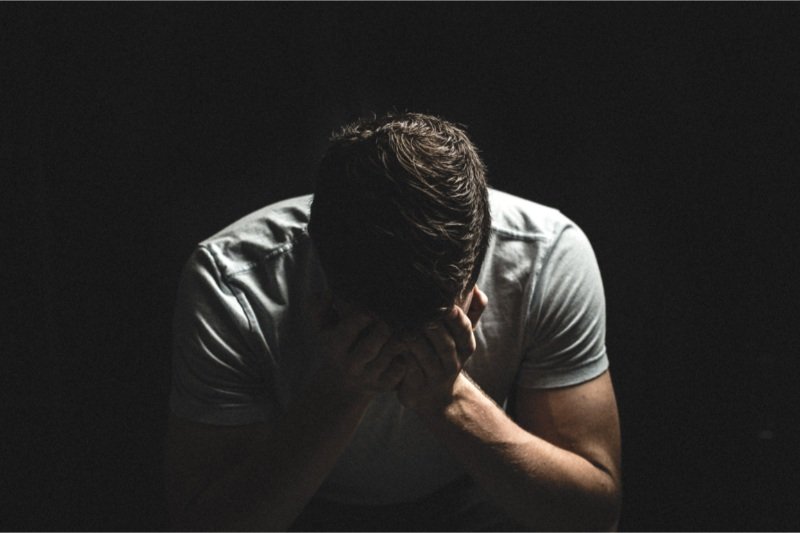Post-Traumatic Stress Disorder (PTSD) is a mental health disorder that is often triggered by a traumatic event such as a car accident, assault, or military combat experience. PTSD can have a profound impact on a person's daily life and well-being, making it difficult to carry out simple tasks. In this blog post, we'll discuss the symptoms of PTSD and its effect on daily living.
Re-experiencing Symptoms: This symptom occurs when a person has vivid flashbacks of a traumatic event, nightmares, or other intense memories that feel like reliving the event. Re-experiencing symptoms can be debilitating as they can trigger intense emotions and physical sensations, such as a racing heart. It can lead to sleep problems and make it challenging to focus on tasks at hand.
Avoidance Symptoms: Individuals with PTSD tend to avoid situations, people, places, or things that remind them of the traumatic event. For example, war veterans with PTSD may avoid crowds, loud noises, or fireworks during holidays such as the Fourth of July. This behavior can significantly interfere with daily life, making it difficult to attend work, school, or social events.
Hyperarousal Symptoms: This symptom refers to a state of constantly being on high alert or feeling jumpy. It can cause irritability, anxiety, and even panic attacks. People with hyperarousal symptoms might feel like the slightest trigger could lead to an overwhelming response, making them feel unsafe and uncertain in day-to-day life.
Negative Mood and Beliefs: Individuals with PTSD tend to have a negative outlook on life and might struggle to experience positive emotions. They often experience feelings of guilt or shame about the traumatic event, and they may struggle to trust others. It's common for people with PTSD to feel disconnected from their loved ones and community support systems.
Cognitive and Physical Symptoms: PTSD can also cause cognitive and physical symptoms such as memory problems, trouble concentrating, and physical health problems. It's vital for people with PTSD to prioritize their health and get adequate medical care to address both the mental and physical symptoms.
PTSD can have severe impacts on daily living and quality of life. However, it's important to note that PTSD is treatable. Recovery from PTSD is possible through EMDR therapy, medication, and lifestyle changes. It's essential to seek help from a mental health professional if you're experiencing symptoms of PTSD. With the right treatment and support, people with PTSD can learn to manage their symptoms and find ways to lead fulfilling lives again.

